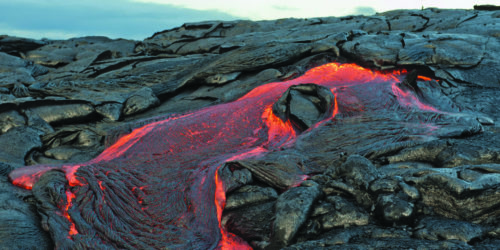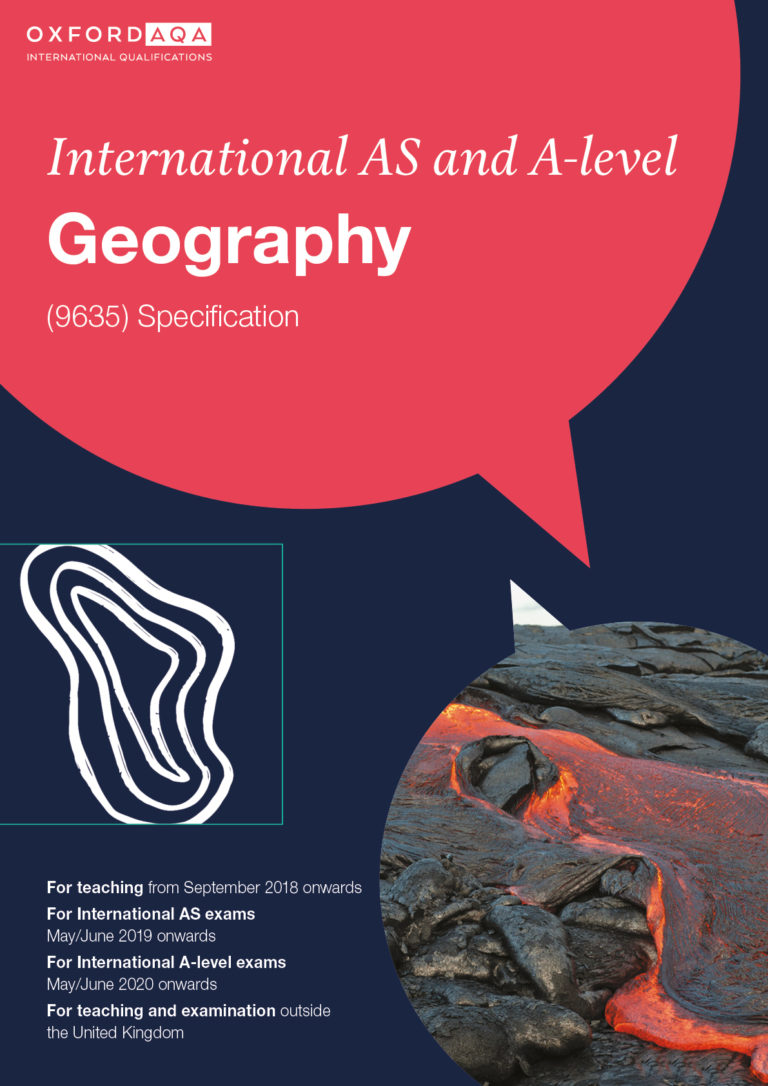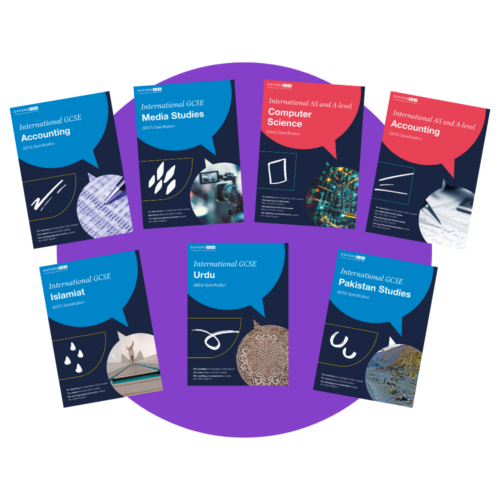
The ideal choice for students who want to study and excel in Geography at A-level and beyond.
This OxfordAQA International AS and A-level Geography specification blends the best of the AQA specification, which is the most popular specification in England, with ideas, concepts and approaches to learning which make it more appropriate for international schools.
The course is relevant to people from all cultural and ethnic backgrounds, with physical, human and environmental topics that are suitable for study in areas beyond Europe, including environmental sustainability.
- Emphasises defining topics of our era, including environmental sustainability, traffic management, urban pollution, waste management and global governance of carbon and water cycles.
- ‘Changing places’ unit allows students to investigate aspects of local geography and compare them with a contrasting place, to understand how lives are affected by continuity and change.
- This comparative approach helps students to consider a wide range of issues with open minds and to take account of different views when seeking solutions.
- Consistency in approach and format from International GCSE to A-level with Physical, Human and Fieldwork papers, offering a smooth progression to university.
International AS and A-level Geography (9635)
View the switching guide to see the difference between your old International AS/A-level Geography specification and the OxfordAQA specification (version updated November 2022).
OxfordAQA International AS/A-level Geography covers the following topics:
Physical Geography 1 (AS and A-level)
- Living with hazards
- Hot desert systems and landscapes or Coastal systems and landscapes
Human Geography 1 (AS and A-level)
- Global systems and governance
- Resource security
Physical Geography 2 (A-level only)
- Water, carbon and life on Earth
- Ecosystems under stress
Human Geography 2 (A-level only)
- Changing places
- People and contemporary urban environments
Fieldwork and Geographical Skills
OxfordAQA provides all the resources and advice you need to teach the International AS and A-level Geography specification effectively.
- Download the specification (version updated April 2024)
- Read our switching guide
- View our training courses to help you deliver OxfordAQA International AS and A-level Geography
- Approved textbooks and resources published by Oxford University Press
We have too many International AS and A-level Geography resources to list here, so please visit our resources for teachers area to see them all, including:
- Schemes of work to allow you to plan how to deliver the specification in a way that will best suit you and your students
- Teaching guidance to outline clearly the scope of teaching and learning
- Topic tests and mock exam analysers to allow you to track your students’ progress throughout the teaching year
This is a modular qualification, with five papers over the AS and A-level teaching period and two routes through the course.
AS Paper 1a – Physical Geography 1:
- Living with hazards
- Hot desert systems and landscapes
- 1 hour 30 minutes
- 80 marks
- 50% of AS-level, 20% of A-level
AS Paper 1b – Physical Geography 1:
- Living with hazards
- Coastal systems and landscapes
- 1 hour 30 minutes
- 80 marks
- 50% of AS-level, 20% of A-level
AS Paper 2 – Human Geography 1:
- Global systems and governance
- Resource security
- 1 hour 30 minutes
- 80 marks
- 50% of GCSE, 20% of A-level
A-level Paper 1 – Physical Geography 2
- Water, carbon and life on earth
- Ecosystems under stress
- 1 hour 30 minutes
- 80 marks
- 20% of A-level
A-level Paper 2 – Human Geography 2:
- Changing places
- People and contemporary urban environments
- 1 hour 30 minutes
- 80 marks
- 20% of A-level
A-level Paper 3 – Fieldwork and Geographical Skills:
- 1 hour 30 minutes
- 60 marks
- 20% of A-level
Re-sits
- Candidates may re-sit a unit any number of times.
- The best result for each unit will count towards the final qualification.
- Candidates who wish to repeat a qualification may do so by re-sitting one or more units.
Take a look at:
- The OxfordAQA International AS and A-level Geography switching guide
- Example specimen exam paper and mark scheme
You must be an approved OxfordAQA centre to enter students for our exams. Make sure you become an OxfordAQA centre before you start teaching a course.




